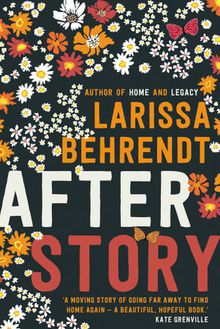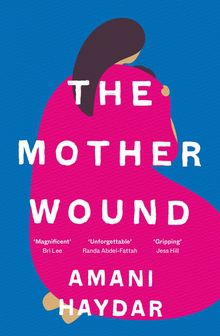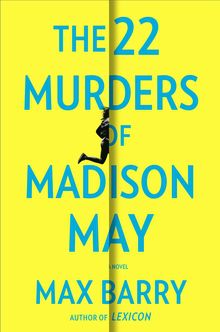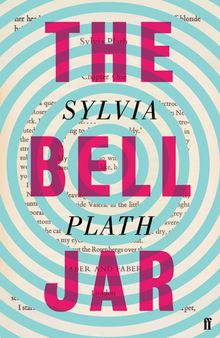Powerful personal narratives are the focus of our chosen books of the month for July.
OUR FICTION BOOK OF THE MONTH
After Story by Larissa Behrendt
When Indigenous lawyer Jasmine decides to take her mother Della on a tour of England’s most revered literary sites, Jasmine hopes it will bring them closer together and help them reconcile the past. Twenty-five years earlier the disappearance of Jasmine’s older sister devastated their tight-knit community. This tragedy returns to haunt Jasmine and Della when another child mysteriously goes missing on Hampstead Heath. As Jasmine immerses herself in the world of her literary idols - including Jane Austen, the Brontë sisters and Virginia Woolf - Della is inspired to rediscover the wisdom of her own culture and storytelling. But sometimes the stories that are not told can become too great to bear
Our staff reviewer describes the story of After Love as ‘extraordinary’ and ‘a powerful meditation on family, culture, storytelling and the lingering effects of trauma and grief.’ You can read the full review here.
OUR NON-FICTION BOOK OF THE MONTH
The Mother Wound by Amani Haydar
Amani Haydar suffered the unimaginable when she lost her mother in a brutal act of domestic violence perpetrated by her father. Five months pregnant at the time, her own perception of how she wanted to mother (and how she had mothered) was shaped by this devastating murder. After her mother’s death, Amani began reassessing everything she knew of her parents’ relationship. They had been so unhappy for so long - should she have known that it would end like this? A lawyer by profession, she also saw the holes in the justice system for addressing and combating emotional abuse and coercive control.
Amani also had to reckon with the weight of familial and cultural context. Her parents were brought together in an arranged marriage, her mother thirteen years her father’s junior. Her grandmother was brutally killed in the 2006 war in Lebanon, adding complex layers of intergenerational trauma.
Our reviewer describes The Mother Wound as both important in content and outstanding in form stating, ‘while the subject of this memoir is horrifying, reading this exceptional work is a pleasure thanks to Haydar’s beautifully crafted words. Its measured fury is a testament to its writer’s intent to honour the life of her mother through education and action, and I learned so much reading this book.’ You can read the full review here.
OUR CRIME BOOK OF THE MONTH
The 22 Murders of Madison May by Max Barry
‘I love you. In every world.’
Young real estate agent Madison May is shocked when a client at an open house says these words to her. The man, a stranger, seems to know far too much about her, and professes his love - shortly before he murders her.
Felicity Staples hates reporting on murders. As a journalist for a mid-size New York City paper, she knows she must take on the assignment to research Madison May’s shocking murder, but the crime seems random and the suspect is in the wind. That is, until Felicity spots the killer on the subway, right before he vanishes. Soon, Felicity senses her entire universe has shifted. No one remembers Madison May, or Felicity’s encounter with the mysterious man. And her cat is missing. Felicity soon realises that in pursuit of Madison’s killer, she followed him into a different dimension - one where everything about her existence is slightly altered. At first, she is determined to return to the reality she knows, but when Madison May - in this world, a struggling actress, is murdered again, Felicity decides she must find the killer - and learns that she is not the only one hunting him.
Our reviewer describes The 22 Murders of Madison May as ‘a cinematic, vastly entertaining action-adventure that stills the world around you as you read it.’ You Can read the full review here.
OUR CLASSIC OF THE MONTH
The Bell Jar by Sylvia Plath
‘I was supposed to be having the time of my life.’
When Esther Greenwood wins an internship on a New York fashion magazine in 1953, she is elated, believing she will finally realise her dream to become a writer. But in between the cocktail parties and piles of manuscripts, Esther’s life begins to slide out of control. She finds herself spiralling into depression and eventually a suicide attempt, as she grapples with difficult relationships and a society which refuses to take women’s aspirations seriously.
Our reviewer describes Plath’s singular novel as somewhat ‘impossible to read isolated from the stamp of autobiography’. However, ‘Plath isn’t writing social history, she’s writing fiction. She’s not providing a clinical investigation of depression, she’s conveying the muck of what it feels like, and what it feels like most often is chaotic, isolating and strange. Esther’s mental illness is never romantic or glamorous – it’s human.’ You can read the full review here.






